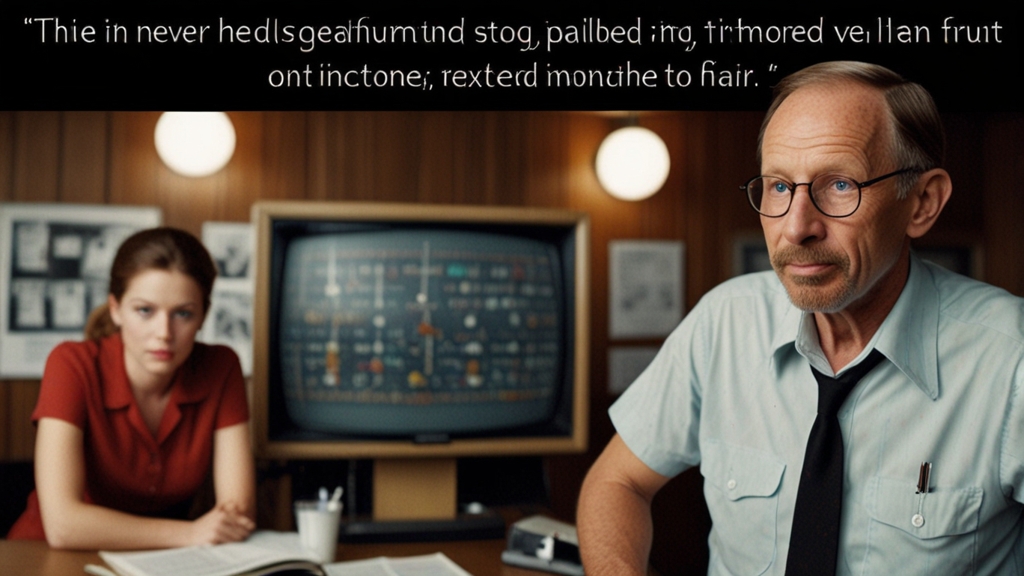Exploring the Abyss: The Philosophy of Despair
Despair is a profound and pervasive emotion that has plagued humanity for centuries. Philosophers, poets, and thinkers have long explored its depths, seeking to understand its origins and its grip on the human soul. This article delves into the philosophy of despair, examining its roots, its impact on human existence, and possible pathways beyond it.
The Roots of Despair
At its core, despair is often linked to a sense of meaninglessness and hopelessness. Existential philosophers like Søren Kierkegaard and Friedrich Nietzsche have explored despair extensively. Kierkegaard, often considered the father of existentialism, viewed despair as a sickness of the spirit, a condition wherein individuals fail to align with their true selves. He posited that despair arises when one is out of sync with their authentic existence, living in ways that do not reflect their innermost needs and desires.
"Despair is the misrelation in the relation of a synthesis that relates itself to itself." - Søren Kierkegaard
Nietzsche, on the other hand, saw despair as a natural consequence of the "death of God" in modern society. Without a higher purpose or divine order, individuals are left to confront the void, leading to feelings of emptiness and despair. For Nietzsche, the challenge is to overcome despair through the creation of one's own values and purpose, embodying what he termed the "Übermensch" or "overman."
The Impact of Despair
Despair is not just a metaphysical or philosophical concern; it has tangible effects on individuals' lives and societies. Psychologically, despair can manifest as depression, anxiety, and a loss of motivation and direction. It can lead to a withdrawal from social connections and activities, further deepening the sense of isolation and hopelessness.
On a broader scale, societal despair can result from systemic issues such as inequality, injustice, and widespread suffering. When large groups of people experience despair, it can lead to social unrest, increased rates of mental health issues, and a general decline in the quality of life. Understanding despair, therefore, is not just a philosophical endeavor but a crucial component of addressing broader social challenges.
"Man is the only creature who refuses to be what he is." - Albert Camus
Paths Beyond Despair
While despair can feel all-encompassing, many philosophers suggest pathways to move beyond it. For Kierkegaard, the resolution lies in embracing faith and aligning oneself with a higher purpose. His concept of the "leap of faith" involves a conscious decision to commit to a belief or purpose that transcends rational understanding, thus overcoming despair.
Nietzsche offers a more individualistic approach, advocating for the creation of personal values and meaning. He encourages individuals to confront the void bravely and to forge their path, thus transforming despair into a motivating force for personal growth and self-overcoming.
In contemporary philosophy, existentialists like Jean-Paul Sartre and Albert Camus have also tackled despair. Sartre's notion of "existential freedom" posits that individuals are condemned to be free, meaning they are responsible for creating their life's meaning despite external circumstances. Camus, on the other hand, introduced the concept of the "absurd," encouraging individuals to embrace life's inherent absurdity and find joy in the struggle itself.
"The struggle itself towards the heights is enough to fill a man's heart. One must imagine Sisyphus happy." - Albert Camus
Conclusion
Despair, as a central theme in existential philosophy, offers profound insights into the human condition. By exploring its roots, impacts, and potential resolutions, philosophers provide valuable perspectives on how to navigate the darkest recesses of the human psyche. Whether through faith, the creation of personal values, or embracing existential freedom, the philosophy of despair ultimately guides us toward a deeper understanding of ourselves and our place in the world.








